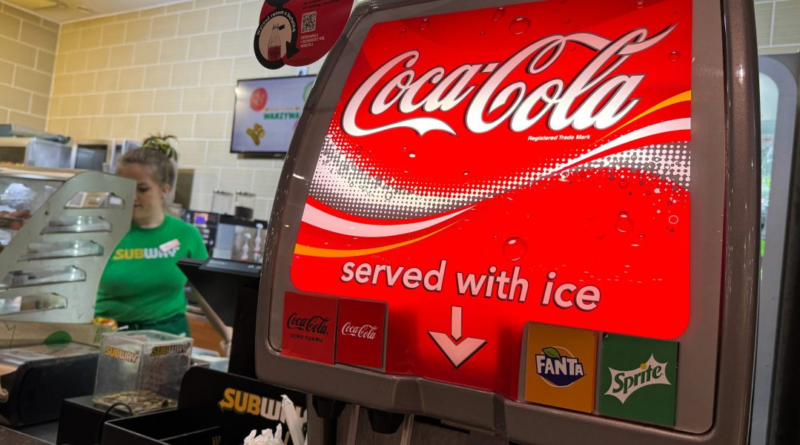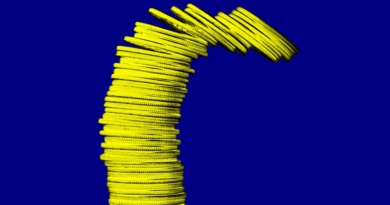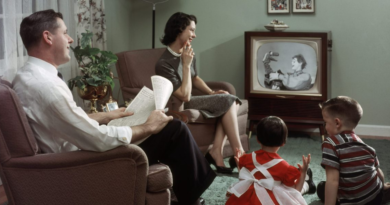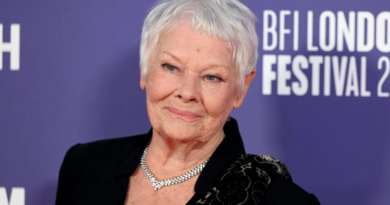Pepsi takes on rival Coke’s biggest client, landing its beverages and snacks in 20,000 Subway sandwich shops
Subway has become the latest front of the cola wars. Pepsi reached an agreement with the sandwich chain to become its sole drink supplier across all U.S. stores, replacing Coca-Cola,, Subway announced Tuesday. Subway also extended its preexistent contract with Pepsi-subsidiary Frito-Lay, which will provide snacks to the chain through 2030.
“For nearly twenty years, The Coca-Cola Company has proudly served Subway restaurants in the U.S,” Coca-Cola told Fortune in a statement. “We are committed to serving Subway through the end of this year and will remain focused on delivering value for Subway, their Franchisee Partners, and consumers.”
Subway customers will begin to see products like Sprite, Fanta and Diet Coke replaced with Mountain Dew, Tropicana, and Gatorade starting in January 2025.
The deal is the latest step the snack and drink conglomerate has taken to usurp Coca-Cola as the highest-valued beverage company. Stocking Coke products in all 20,000 of its U.S. stores, Subway was Coca-Cola’s biggest fountain account by number of store locations, per Beverage Digest. Subway has about 37,000 locations worldwide.
These supplier switches aren’t unprecedented. On Monday, Cincinnati chain Skyline Chili announced it would switch from Pepsi to Coke products starting next month. Its midwestern neighbor, Wisconsin burger chain Culver’s, made the same switch in January 2023.
Subway has hung its hat on consistent positive same-store sales, including a 6.4% increase in global same-store sales in 2023 compared to the year before. It announced Tuesday a franchise agreement with private investment fund McWin that would see it open 600 new stores across Europe.
Some of Subway’s good fortune could also rub off on Pepsi, which saw slowed fourth-quarter revenue growth due to repeated price hikes, despite posting profits that exceeded expectations and 5.9% net revenue performance for the year.
Meanwhile, Coke posted a $641 million fourth-quarter gross profit, a 7% leap from the same period the year before. Net revenues grew 6% for 2023, according to its earnings report. Even with the loss of Subway, Coca-Cola still has something that Pepsi doesn’t: growing sales volumes. It had 10% growth in price/mix and 2% growth in concentrate sales, per its earnings.
The cola duel continues
The two beverage giants have traded blows for decades and if Subway’s deal with Pepsi is any indication, the two companies will continue to battle for the top spot in the beverage industry.
The soda industry in general has been hurt by high prices, weight loss drugs, and Gen Z’s interest in healthier drink alternatives, yet Coke and Pepsi’s strategies have differed in trying to compete with one another.
Coke has been helped by its away-from-home sales—like in movie theaters and restaurants—in the past and has relied on international markets in Mexico and Germany to prop up sagging U.S. demand. The company also uses independent bottlers while Pepsi owns about 75% of its North American bottling operations. Meaning, Coke has to invest fewer resources in packaging beverages. While Coke has mastered the drinks market, Pepsi’s success has been in huge part because of Frito-Lay, which nearly matched Pepsi’s beverage revenue for most of 2023.
Both behemoths are taking big swings to attract Gen Z consumers: Coke recently launched a spicy flavor and “Happy Tears,” a salty, sugar-free soda sold in a chrome briefcase only on TikTok Shop. Pepsi’s Doritos-flavored cocktail and promotion of its savory snacks as side dishes for meals similarly appeal to younger audiences.
In a hat tip to its beverage market, next week Pepsi will launch its first new product line in six years: Bubly Burst, a lightly sweetened seltzer that piggybacks on the Bubly line originally launched in 2018 to compete with La Croix. It’s part of Pepsi’s growing interest in better-for-you beverages that have surged in popularity among young people. Olipop, an independent company which brands itself as a healthy soda, is targeting $400 million in sales this year, up from $250 million last year.
“The biggest challenge will probably be just making sure that the product is like something people actually want to buy in bulk,” Nik Sharma, CEO of brand strategy agency Sharma Brands, told Modern Retail.




